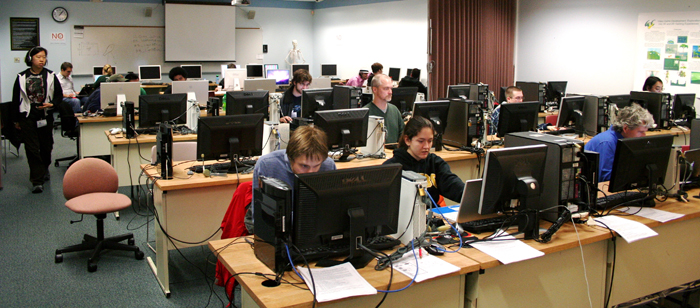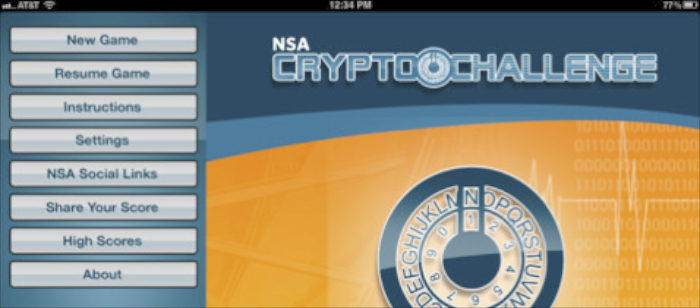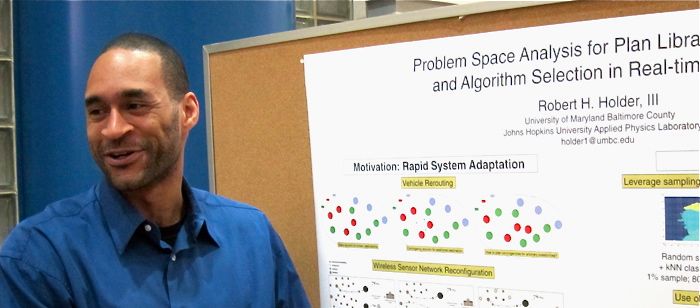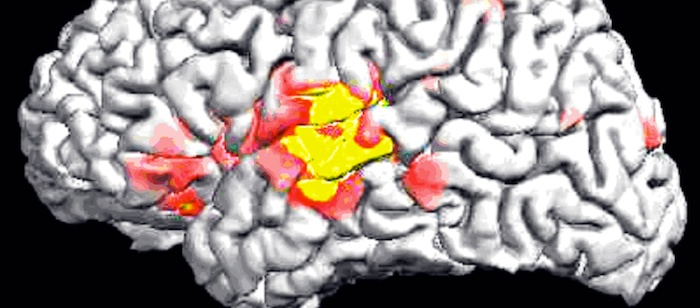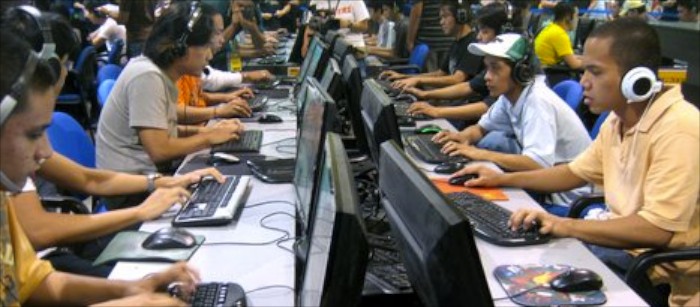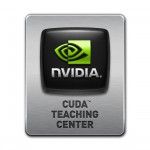 UMBC has been named an NVIDIA CUDA Teaching Center following the submission of a proposal by Dr. Marc Olano, professor, and Dr. Shujia Zhou, research associate professor of the Computer Science and Electrical Engineering Department. The NVIDIA CUDA Teaching Center Program will provide UMBC with enough high-end GPUs to upgrade the UMBC GAIM (Games, Animation and Interactive Media) Lab, as well as a Tesla GPU-based computing processor.
UMBC has been named an NVIDIA CUDA Teaching Center following the submission of a proposal by Dr. Marc Olano, professor, and Dr. Shujia Zhou, research associate professor of the Computer Science and Electrical Engineering Department. The NVIDIA CUDA Teaching Center Program will provide UMBC with enough high-end GPUs to upgrade the UMBC GAIM (Games, Animation and Interactive Media) Lab, as well as a Tesla GPU-based computing processor.
Dr. Olano was familiar with NVIDIA’s grant programs through previous equipment grants, and last February, he spoke with David Luebke, Director of Research at NVIDIA, about the CUDA Teaching Center Program. His decision to submit a proposal weighed heavily upon the increasing interest in GPU computing around the UMBC community.
“It’s an important skill for game programming,” says Dr. Olano, who is the director of the Computer Science program’s Game Development Track. He adds that UMBC’s Multicore Computational Center (MC2) and High Performance Computing Facility (HPCF) are also moving toward nodes with GPU computing capability and could benefit from the upgrade.
UMBC is now one of thirty-six NVIDIA CUDA Teaching Center within the U.S., joining schools such as Florida A&M University, Hood College, Purdue University and UCLA. Apart from the generous equipment donation, UMBC’s distinction as a NVIDIA CUDA Teaching Center provides the university with recognition on NVIDIA’s website, access to teaching materials, and the opportunity to receive discounts on some NVIDIA equipment purchases.
Dr. Olano predicts that the newly-enhanced GAIM lab will be usable by the beginning of the Spring semester. The new equipment will enhance game development and parallel programming classes in upcoming semesters, such as CMSC 483: Parallel and Distributed Processing, which will be taught by Dr. Shujia Zhou in the upgraded lab this Spring.
